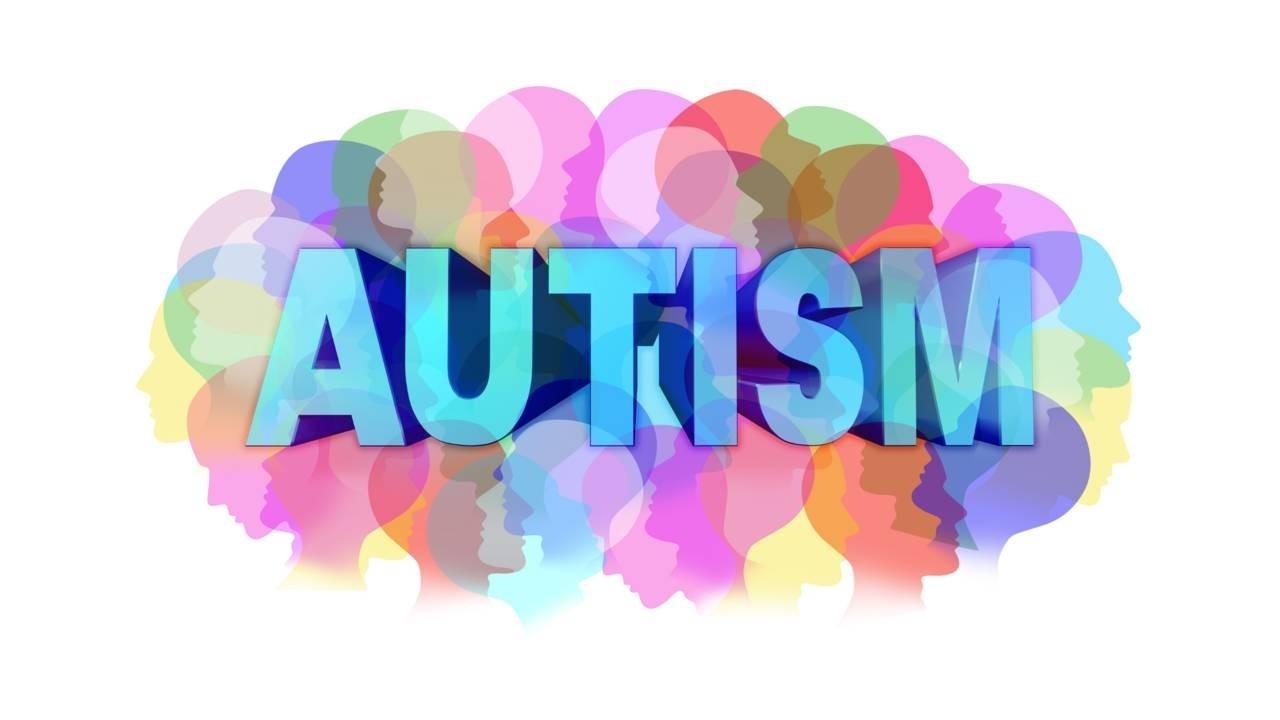Why looking for the “silver lining” isn't enough to solve challenges

In the story of David and Goliath, we read that David, a young shepherd boy with no experience of battle, ran towards the giant. The other war-hardened soldiers lay cowering in fear. But David ran. No armour, no sword, no training, no experience. And, no-one who believed that he could defeat Goliath.
What gave David this confidence? He had an invincible belief that he would win. His faith and past experiences with a bear and lion convinced him that he could defeat the odds. And so, he did.
Our beliefs are cultivated over time. They start to form very early on with input from our primary caregivers. That soon expands to include other influencers like teachers, friends and the multitude of everyday experiences which mould our inner world.
By the time we reach adulthood, we hold some very well fortified beliefs about ourselves and the world in general. Have you ever tried to convince someone of your views when they believe the opposite? It really doesn’t matter how much evidence you pr...
Demystifying the needs of autistic / neurodiverse people

In the last two Blog posts, I’ve been looking at some of the issues that cause tensions in relationships between autistic / neurodiverse and neurotypical people. These points of friction often disappear or become smaller as we develop an understanding of one another.
And in the interests of further developing that understanding, today’s post continues to address more stressors that become like a pebble in the relationship shoe. Things that cause friction and sometimes, even relational breakdown.
All relationships are a two-way street. And that means both parties need to adapt in order to accommodate each other. What follows are some ways in which the neurotypical person can adapt to play their part in building a flourishing relationship.
Change
Autistic / neurodiverse people typically have more structured thinking styles which means they may well have a high need for control, predictability and order. Dealing with changes or having things suddenly sprung on them at the last minute...
What all employers need to know about remote working & neurodiversity

2020 was a year we will all remember! A year when we had no choice but to pivot. Although some of my work was already done online, the thought of operating this on a full-time basis seemed out of the question. And then there was lockdown! Zoom meetings became my new norm overnight. I, along with my colleagues, found that it was possible after all. Yes, there’ve been some hiccups but I’ve also seen huge benefits! But does remote working suit everyone? What about neurodiverse and autistic people? With the new national lockdown in place in the UK, it is an issue we can't ignore.
As is often the case, there's been a combination of ups and downs. We’ve seen a fair amount in the media concerning the emotional consequences of restricted social contact. Poor access to people and other activities that feed our souls can lead some of us to a very dark place.
On the other hand, a number of people I work with have reported lower stress levels during this period. The slower pace, reduced s...
Helping your child to embrace uncertainty

If ever there’s been a year of uncertainty, it’s this one! 2020 has launched us into the world of the unknown. Schooling has been disrupted. Work-life has changed. Events have been cancelled or postponed. Trips to the supermarket have been reshaped. Things we used to take for granted, like visiting friends and family have been restricted. On the world stage, we’ve seen economic and political instability. And many of us, myself included, have lost loved ones. What a year so far!
Nations are now counting the cost. Wondering how the coffers can be replenished and how we go about creating a sense of normality. Faced with instability, our natural instinct is to try and create order. To make plans even if we know they may change. I told my daughter, who is due to return to school next week, “The plan, for now, is ….”. The last few months have taught us both that some degree of tweaking will probably be needed.
Uncertainty unsettles. We prefer absolutes. We like to know that we aren’t g...
Speak So Your Child Will Listen

During lock-down, when the world went quiet, we had some spare time to fill. To keep the boredom gremlins at bay, my children started an online French course and invited me to join them. The first few lessons were a dream. Those 2 years of high-school French were enough to carry me through with confidence. But it quickly reached the point where I was lagging behind and couldn’t keep up with the pace. Our online tutor spoke words at machine-gun pace in sentences which were meaningless to me. It was just a barrage of sound. What happened next? I lost interest. Quickly!
Autistic children often have differences in their ability to process information. It is not uncommon for them to have strengths in visual processing but weaknesses in auditory processing. Simply put, they tend to understand better when information is shown to them.
Spoken language with no supporting visual cues can be difficult to decode. This challenge is not always easy to spot. And that’s because children often use an...
What do riptide currents and coaches have in common?

“Just a few more strokes and I’ll be there”, I thought to myself. My arms felt heavy. “Why couldn’t I feel the sand under my feet?” I stopped swimming for a moment and looked up expecting to see the shoreline in front of me. But instead, I saw an expanse of ocean. And then it dawned on me, I was being swept out to sea!
A short time before, I had been playing with friends on a huge rubber ring. Although Durban has a tropical climate, it was the middle of winter and I was feeling cold. So, I decided to swim to shore to warm up. Now, instead of snuggling in my towel and burying my feet in the sand, I was gasping for air in shark infested waters. I kept going, thinking that I could somehow beat the current and make it to safety. But each stroke seemed to pull me further and further away from the beach. It was a hopeless situation.
Exhausted and trying hard not to think of the sharks, I rolled onto my back to catch my breath. I lay there floating, looking up at the grey sky above me and ...
How to manage repetitive play

I recall my excitement one cold December evening as we boarded the plane at Heathrow airport. Destination - sunny South Africa! Visits to my homeland are always special because they’re so much more than a holiday. Seeing loved ones and breathing in all the familiar sensations of my childhood does wonders for my emotional bank account. On this particular occasion, I was really looking forward to seeing my 2-year old niece. Photos are precious but there’s just no substitute for the real deal!
One of the highlights for me is being able to go out together for family meals. Cape Town has lots of gorgeous restaurants and it’s often possible to eat outside – the secret sauce when it comes to great food! As we were preparing to go out to dinner one evening, I realised that my brother and his daughter were missing. I went down the hallway to look for them and my brother appeared from her bedroom – defeat written all over his face. In the time-honoured tradition of two-year olds, the little lad...
Communication. What works for autistic children?

Have you ever travelled to a foreign country where the language and culture differed greatly from your own? For me, there is one place that really stands out – and that is the Czech Republic. Over the years, I’ve had many adventures there but I recall my first trip vividly. Let me tell you the story …
Back in 2007, my husband and I bought a cottage in the beautiful north eastern region of the country, known as the Czech Eden. It really is a little otherworldly with towering sandstone structures and fairy-tale forests. Did I mention that I agreed to the purchase without ever actually visiting the place? I digress … our hopes were to renovate the cottage and let it for holiday rentals.
Well, the cottage was in a state of disrepair when we arrived, so we booked into a local hotel. Lucky for us, there was an indoor pool which gave the children time to play and burn off excess energy. On returning to our room, I couldn’t find a hairdryer and as it was winter, I was less than keen to take ...
Autism parents - great detectives in the making!

If the police force suddenly ran short on detectives, I would highly recommend that they approach autism parents as potential recruits. Why? Because parents of autistic children are often faced with behaviours that are difficult to understand. Although parenting by its very nature calls for all of us to wear our detective hats from time to time, it’s fair to say that autism parents get more practise.
If we look closely enough, we’ll always find reasons for behaviours. The challenge we face though, is that those reasons aren’t necessarily obvious. And that’s where the detective bit come in handy. Knowing why helps us to understand and manage situations more effectively. In a recent email, one Mother told me that “although it might be easier if it were different, it's been so helpful for me to know that there are reasons.”
So, what are some of the “why’s” when it comes to autistic behaviours?
Loss of order, control and predictability
On the whole, autistic children have more rigi...
Is an autism diagnosis really necessary?

Are you caught in a diagnostic dilemma? Wondering whether you should pursue a diagnosis for your child or not? Are you stuck in a catch 22 of wanting to know but at the same time not really wanting to know? If this is you, you are not alone!
Many parents have concerns about the implications of a diagnosis. Some fear the label “autism” because of what it may mean for their child. Others worry about possible judgement from the people around them. Some parents steer away from labels because they don’t want to box their child. And then, there are those who hope their child will grow out of the challenges and catch up with their peers.
Of course, all these perspectives contain valid points. Whether they reflect your fears, hopes or just your outlook on life – you are not wrong. Everyone’s situation is different and there are many factors involved. Coming to terms with the idea that your child may be autistic can also be very challenging. The diagnostic process can feel like a hike up Mou...

